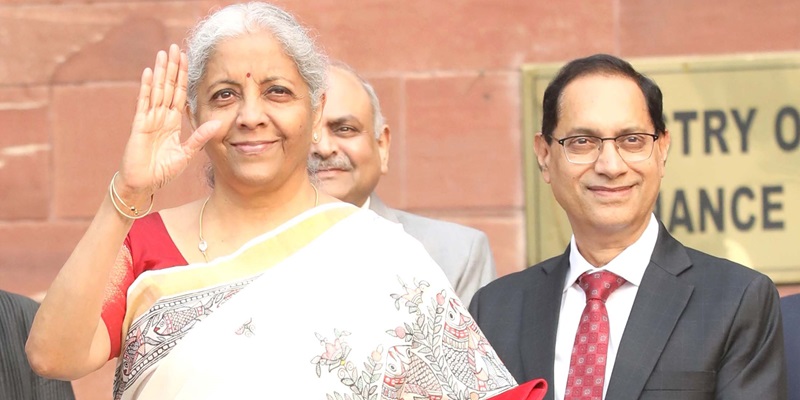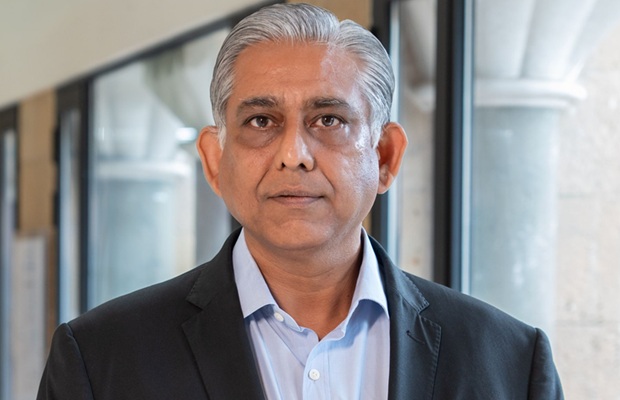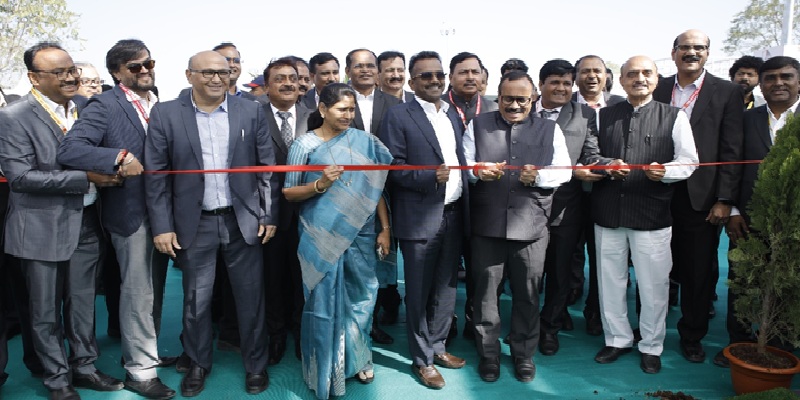Schedule a Call Back
Budget 2025 aims to boost economy by propping up consumption, rejigs duties
 Industry News
Industry News- Feb 01,25

Related Stories

Engineering India’s Next Phase of Growth with Responsibility: Amit Sharma
Amit Sharma, MD and CEO, Tata Consulting Engineers (TCE), outlines TCE's strategy to support India’s next phase of industrial growth through integrated engineering, nuclear and digital capabilitie..
Read more
EV shift, trade pressures threaten India’s auto components: Tushar Bhaskar
India’s auto component industry faces mounting risks as EV-led technology shifts, trade pressures, and critical material dependence threaten its global competitiveness.
Read more
Synopsys and 3D Engineering Open Design Center at MECF in Pune
The facility signifies a significant step in accelerating access to advanced simulation technologies for MSMEs.
Read more














